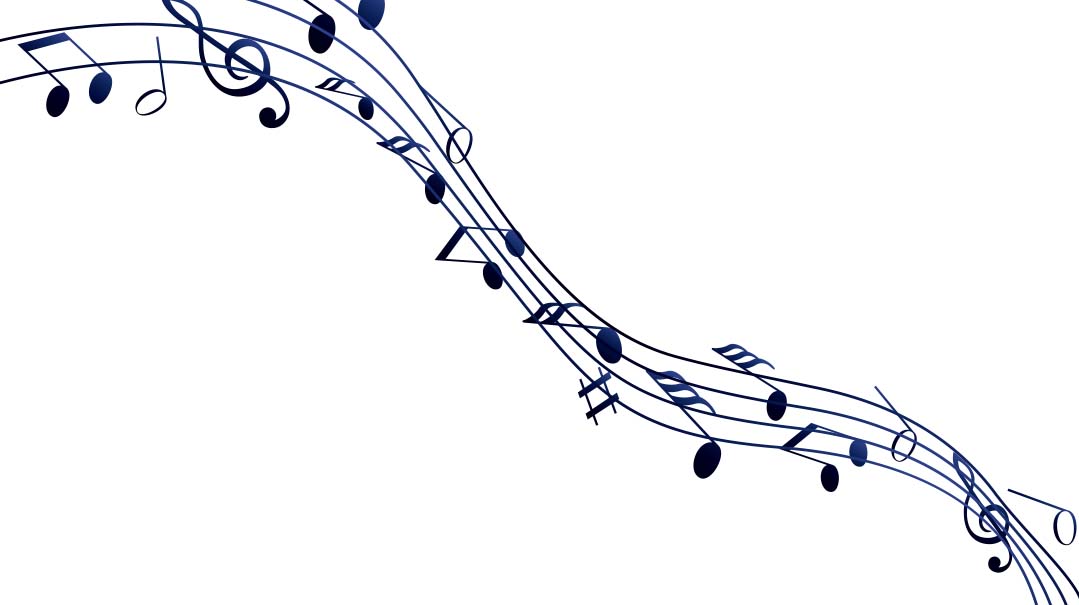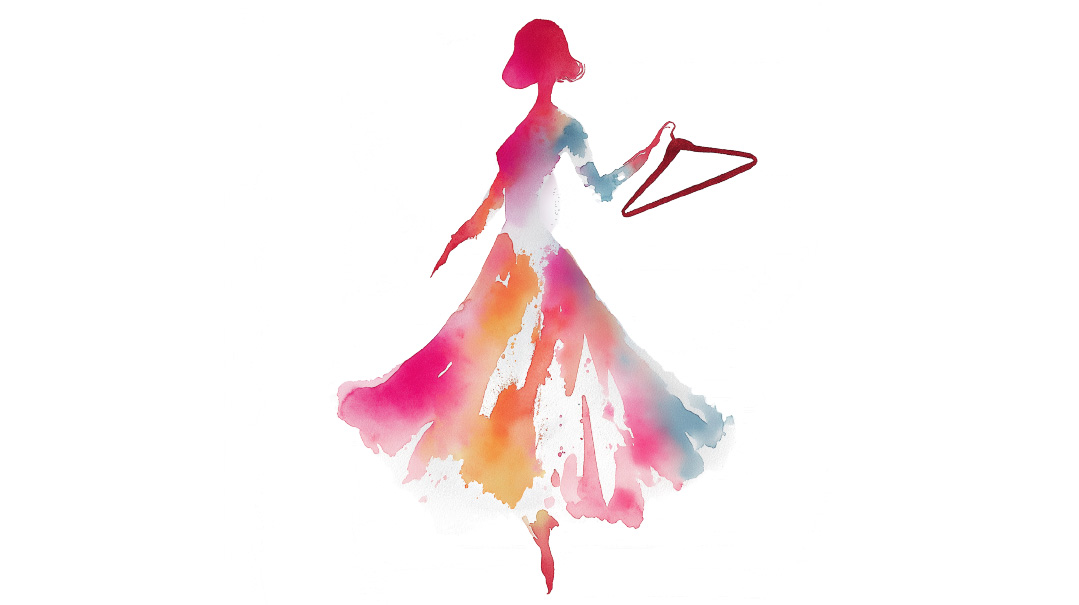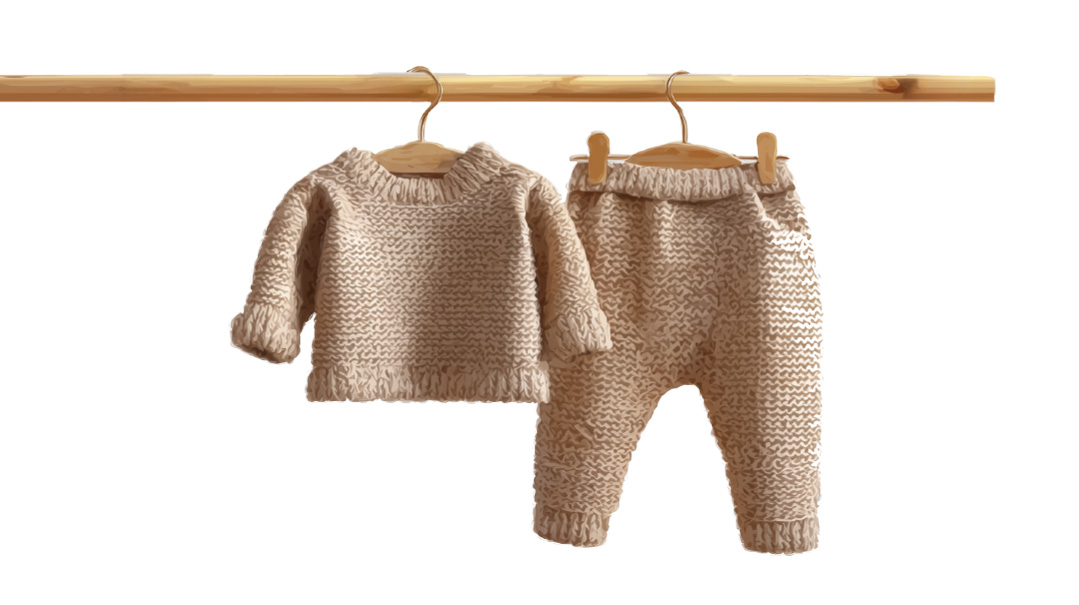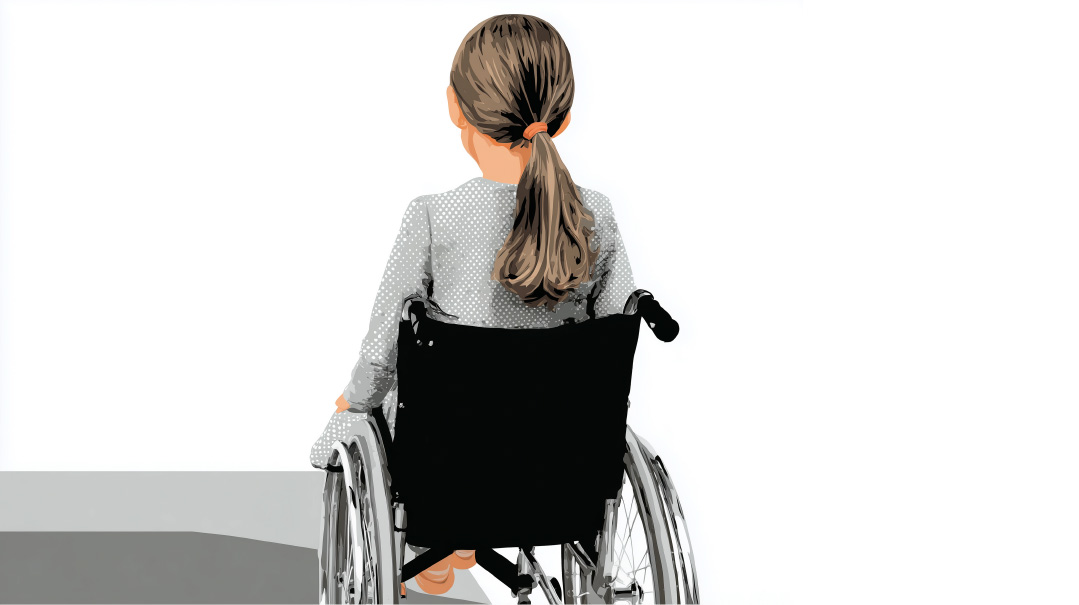The One-Man Concert
| October 26, 2021And then I do what I’ve started to do on my visits to my grandmother. I sing

I walk into my grandmother’s bedroom.
Her Native American aide, Ortins, is there. I’m glad it’s an Ortins day — she is quiet and does her job with dignity and respect.
I head over to the recliner, where Bobby is resting. She’s wearing a new dark blue velour bandana and a green cotton floral snap-down housecoat that’s three sizes too big. Her eyes are open but vacant: empty, still and glasslike.
“Bobby,” I say. I wait. “Bobby,” I try again. Not a twitch, not a movement, nothing that indicates that she hears a grandchild. I know conversation is useless. I’m not one to chitchat or offer high-pitched, one-sided chatter.
I take Bobby’s hands. Her skin is tissue-paper thin and translucent, but her arm feels heavy. I squeeze. No response. I’m quiet.
And then I do what I’ve started to do on my visits to my grandmother. I sing.
I start with “Ani Maamin.” It feels right to sing of Mashiach, to proclaim belief that even after all my grandmother has been through, after all our nation has endured, better times will come. I sing the low part twice. At the high part I choke up. It’s lonely, this concert of one.
Ortins is busy in the kitchen. It’s after one o’clock, and Bobby hasn’t yet eaten breakfast or taken her meds. I know which song I’ll sing next. “V’hayah bayom hahu.”
Many, many visits ago, many, many years ago, Bobby had told me she’d sung this song after surviving World War II. She’d managed to get to Eretz Yisrael, but her parents were stuck in Hungary, so she was living with her married sister.
Her free spirit couldn’t tolerate all the rules. They wanted her to wear tights and long sleeves and to tie up her masses of blonde curls. She needed space, light, and laughter. And so she moved into an Israeli Agudah orphanage, and that’s where she sang this song. It was embedded deep inside her and had always elicited a reaction.
I’d sung it to her when she was hospitalized after a stroke, her hands wrapped in huge blue boxing gloves to prevent her from yanking out her IV line. Bobby relaxed and started humming as soon as I started. At home, no matter how agitated and combative Bobby would be, I’d start “V’hayah,” and magic! She would focus and start smiling.
But today, nothing. I feel robbed. We shared a lot, Bobby and I. Now she seems so violated. She isn’t present, there’s just a body that resembles her.
I try to find the energy to sing a lively, happy song, something to smash the stifling stillness. I sing a song about Shabbos and I stare at her lined face. I’m desperate to see a blink, a twitch, some recognition. Nada.
It’s odd that I’m running this solo concert. I’ve never been chosen to be in choir. But my lack of talent never bothered Bobby. Now, not only am I in choir, I’m the lead soloist, too.
Ortins sits down on the gray couch and I have an audience of two. “Esa Einai el Heharim.”
Ezri me’im Hashem. I get stuck on these words, and like a scratched CD, keep on repeating them again and again. My voice wobbles and I stop, sitting quietly, eyes tightly closed, trying to regain my equilibrium. My throat is thick.
Ortins heaves herself up and disappears back into the kitchen, mumbling something about getting Bobby her meds.
I’m spent from my conversation-less visit. I rub Bobby’s hand. She’s reclining, staring straight ahead. Ortins returns with the meds mixed into a yogurt. She gently places a bib around Bobby’s neck and starts to spoonfeed her.
“Bobby,” I say softly. “I’m leaving.” No response. I gently kiss her forehead. No response. Another spoon of yogurt goes in. “I’ll come again. Bye.” No response. I start backing out.
Suddenly, Bobby is slowly lifting her hand upward. Like a graceful airplane in the sky, this hand has a destination. It reaches her mouth, pauses and then, in the utter stillness of the room, she blows me a kiss.
I laugh. I cry. Ortins claps.
Never have I witnessed a more stunning “standing ovation.” To misquote Churchill, “Never has so much been given by so few to so few that means so much.”
I lean over and again gently kiss Bobby goodbye.
Since this article was submitted, my grandmother passed away. May Brochoh bas Yitzchok Yehudah be a melitzah yesharah.
(Originally featured in Family First, Issue 765)
Oops! We could not locate your form.







